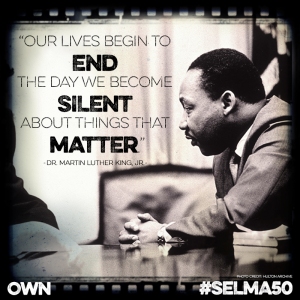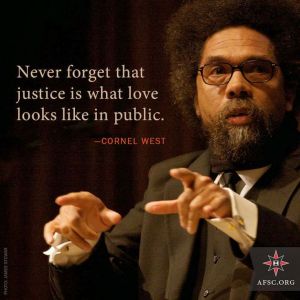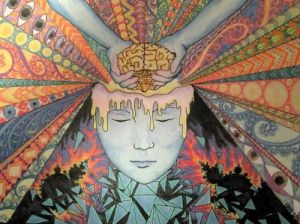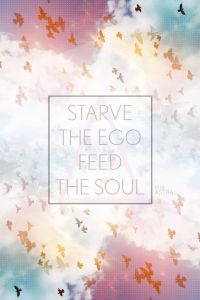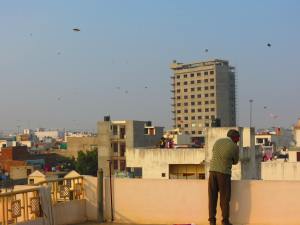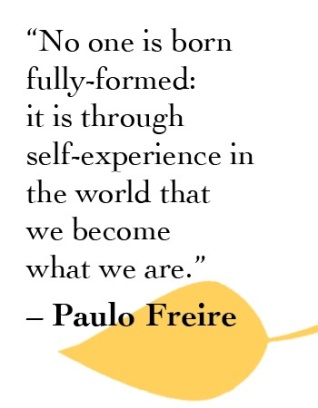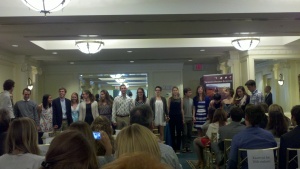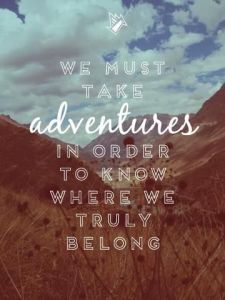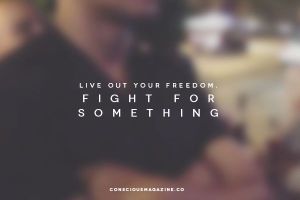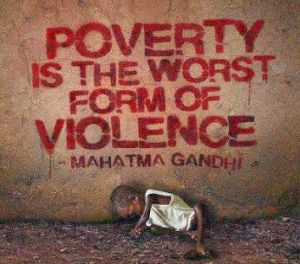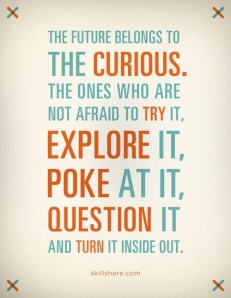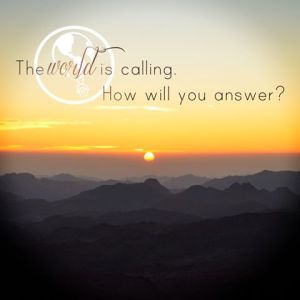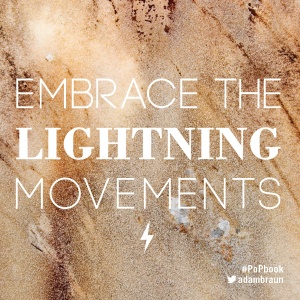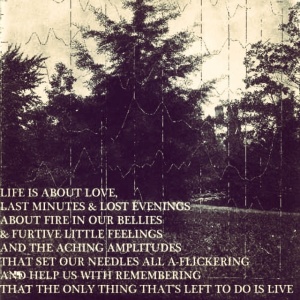The following is an adaptation of my Presentation of Learning (POL) from my global gap year with Thinking Beyond Borders. The original presentation combined speech, audience participation, artwork, and photography. It was first presented in April at the Capitol in Washington, D.C.
As a writer, I practice the art of storytelling. I find stories can be told in a variety of ways. Sometimes the story finds it niche in a poem, a short story, a blog post, an essay, or even a letter. There’s a reason I love literature, and there’s a reason I connect it with social justice. You see, in my years of writing and reading and studying, I’ve discovered that stories tell us about humanity. They teach us about human nature, society, the individual, collectives, identity, love. And I am so thankful for these beautiful creations. But some stories hurt, and not in the good way. Not in the “I-didn’t-realize-I-could-feel-so-much” kind of way, but in the “stop-seeing-me-as-less-than-human” kind of way. As a woman, I have been told all kinds of stories, and they have cut me down to the core. And since the very beginning of my gap year, I have begun to feel my bruises and try to heal my wounds. I’m reading a book—if I can call it that—called The Women Who Run with Wolves, and it is a path to reclaim the wild woman within all of us. This woman that has been trapped by society’s expectations and outlining of womanhood. The author goes through female archetypes and shares stories and actions that move us toward wild woman, towards wholeness. The first story is of La Loba, the Wolf Woman, a she-wolf who gathers old bones which are in danger of being lost and sings them to resurrection until she has created a wolf which comes alive and, running, transforms into a laughing woman. So here I am, singing over my bones to all of you. This is a healing process, and this is social justice through a lens of love. It is loving my oppressor: patriarchy, misogyny and sometimes myself, and healing the oppressed: my womanness, my pain, me. And it is forgiveness and understanding and pain and hurt and anger and healing. I came on this trip as a fierce feminist, and I am leaving it even fiercer. But Thinking Beyond Borders has been an evolution for me in which I have made this feminist shift through self-love. I have learned about my role as a woman by looking inward and challenging my identity, my assumptions, and the stories I’m about to share with you.
I wrote a love note over the summer. It goes a little something like this:
Thank you, feminism, for the love you have created in the world but most of all, within me. You are not perfect, I know that now, but, hey, what is? Feminism, you and I both have a long way to go. I hope that together we can remember humility in the face of change, confrontation, and difference. But before we join hands and profess our unabiding love for humanity, I want to thank you for the years of strength and support who have given me and will give me. You are the reason I am writing my own stories. You are the reason I am not drowning in a sea of voices telling me that I am not enough. You are the reason I pick myself up after every time I fall. You are the reason I know what passion tastes like. And you are the reason I know what loving myself looks like. So thank you, feminism. Without you, how could I learn to love?
I found the note on napkin tucked into one of my poetry anthologies last night. It sounds pretty sappy, I know, and for the most part it is fairly generic. But when I wrote it, I felt electric. I could feel this aura surrounding me. Letter by letter some strange sensation of power flowed back into my body.
You are the reason I am writing my own stories.
If I am not actively saying No. I reject this. I am a puppet in the powerful’s play. According to the patriarchy, my storyline goes something like this: You’re prettier in makeup. A relationship will bring you a happy ending and fulfillment. You’re a victim. Always say sorry. Beauty is determined by how a man sees you. You need to be rescued. You’re too emotional. Your worth is your waistline. Unrequited love is poetic, and you deserve to chase after someone who doesn’t love you. Your story isn’t good enough.
These fictitious stories have wormed their way into my life; I have internalized them. They are the stories I am fighting against.
You see, I am my own storyteller. I don’t always have to smile. I can love myself enough to see my wounds. I can heal them, but I can let others help. I am my own place. It’s okay to feel. My dress is not a yes. My voice deserves to be heard. My worth is within myself. I can need others, just not more than I need myself. I deserve love. I am an interdependent being. I am strong. I am my own hero. I am not perfect, but I am perfectly human. My voice deserves to be heard.
Those are the kind stories, the truthful stories. The stories I have begun telling myself.
Everyday, I am told those first stories over and over again, and I must contend with nearly two decades worth of memories in which I was not actively rewriting them. When I was nine years old, I was told I should “go on the Jenny Craig diet.” Ten years later, I find my hands exploring my body, pinching my fat, and imagining a vacuum scanning my body to suck myself thin.
There are more stories within and beyond these which I have told, but underneath them all I see a message of “You’re not enough.” And it takes me back to one of the most impactful moments on my gap year. Sitting on the sidelines of the community soccer game in Bua, Ecuador, with my Program Leader Yvonne, I kickstarted this search for self-love. She held me as I cried, and she made me laugh through the pain. It was one of those days that I’d avoided, a day when it all comes rushing out, when the weight of being just becomes too much to bear. As I vocalized the pain of not doing enough—not getting into the college I wanted, not being loved by the right boy, not being strong enough to handle it—Yvonne pointed to the sky and suggested I try to be like the bird flying above us. I quickly rejected the idea. A bird? What a boring life! Where’s the passion in relaxing, in just being, in just flying? So she asked me what I wanted to be, and I said I wanted to be a lioness. Fierce and protective but able to rejoice in the sun, able to see that she was enough. And so I am both the lioness and the wild wolf. I am a both/and, both a complex human being who is unlearning the stories I have been told and a proud writer who is able to tell her own stories.
